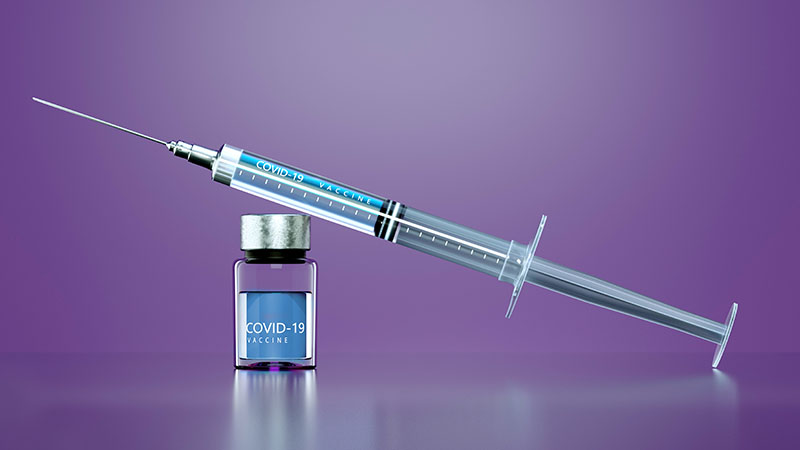On May 27, 2025, a major shift in public health guidance was announced: COVID-19 vaccines are no longer recommended by the CDC for many children and pregnant people. The announcement stated that the recommendation had been removed for “healthy children and healthy pregnant women” due to a lack of clinical data supporting ongoing booster strategies in these groups.
Despite this change, doctors may continue to recommend COVID vaccines. In fact, for many health care providers, the decision is rooted in data that still supports the safety and effectiveness of vaccines in protecting against severe illness during pregnancy and childhood.
Pregnant people were previously advised to receive COVID vaccinations every six months, similar to other high-risk groups. Research over the past few years, including over 70 studies, has shown that vaccination during pregnancy is both safe and beneficial. It provides protection not just for the mother, but also for the baby after birth. When a pregnant person is vaccinated, antibodies are passed through the placenta, giving the baby early protection during the critical first months of life. This is especially important since infants under 6 months are not eligible for vaccination and are among the most frequently hospitalized for COVID.
The change in federal guidance appears to contradict a plan recently outlined in a prominent medical journal, which still listed pregnancy as a condition warranting COVID vaccination. Many obstetricians say they have personally witnessed the serious effects of COVID during pregnancy and will continue to recommend vaccination. According to clinicians who treat pregnant patients regularly, COVID-19 remains a significant risk, and vaccination is one of the most effective ways to prevent complications during pregnancy and after delivery.
Similarly, doctors continue to highlight the benefits of COVID vaccination for children. Though kids are generally at lower risk for severe disease, COVID can still lead to serious outcomes, including long COVID. About 1% of children in the U.S. have experienced long COVID, which can significantly impact their quality of life. Vaccination has been shown to reduce the risk of this condition, even if the overall threat from COVID seems lower in children than in adults.
Deciding whether to vaccinate healthy children can be more nuanced. Their risk is lower, and the smaller pool of pediatric data makes public messaging more complicated. Yet, for children with underlying health conditions, the vaccine remains an important protective tool. The decision often comes down to personal and family health risks. For some families, especially those whose children have already had COVID, the benefits may seem less immediate. Still, experts emphasize that vaccination is safe and a reasonable step to prevent potential complications.
With only a small percentage of children and pregnant people fully vaccinated, the removal of official recommendations could have broader implications. Insurance coverage for the vaccine may be affected, and access could become more limited. This could reduce families’ ability to choose vaccination, even if they want it.
Ultimately, while federal recommendations have changed, many doctors will continue to offer COVID vaccines based on clinical evidence and their experiences treating patients. For individuals and families, the choice to vaccinate remains a personal one, shaped by medical advice, health status, and risk tolerance.

